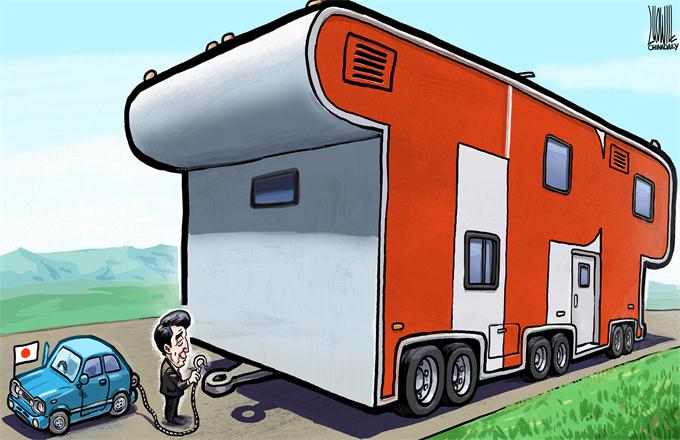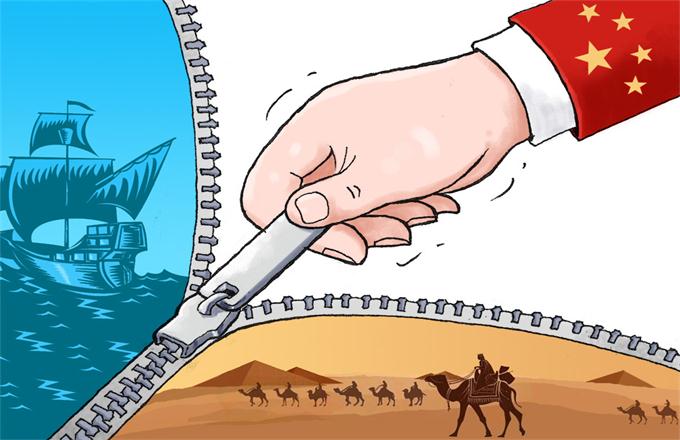The task of providing drinking water
An ESCAP study, "Building Resilience to Natural Disasters and Major Economic Crises", has called for better governance, combined with more sustainable solutions, which are better integrated with wider development strategies. And the outcome document of the Rio+20 summit has recognized the importance of integrating water into all the three pillars of sustainable development: economics, society and the environment. Sustainable solutions for water security must therefore address several issues simultaneously. I would like to highlight five:
First, persistent inequality and growing competition for water must be addressed through better public policies, greater investment in critical water infrastructure and active participation of all stakeholders, especially women and the youth, in water planning and decision-making. We cannot have high income households receiving hundreds of litres of water a day at low prices when poor families in the same country have less access to water than is needed for even the most basic human needs.
Second, we must distinguish among green, blue & gray water resources, and do more to manage the wastewater of the increasingly urban population. Gray water reuse, along with simple water conservation technologies and river rehabilitation, makes water-efficient practices affordable and contributes toward a more sustainable economy.
Third, polluters must pay. Our public and private sectors must be committed to treating municipal and industrial wastewater prior to discharge, and we must raise the cost that offenders should be made to pay for polluting rivers and other water sources. Lack of regulation and poor enforcement has for too long allowed irresponsible companies to shift pollution from the developed to the developing world.
Fourth, governments at different levels have important roles to play in the formulation of integrated river basin management plans in identifying solutions to strengthen the management of trans-boundary water resources and cross-border river basin ecosystems.
Fifth, we must recognize the important role that can be played by the private sector, which is responsible for up to 85 percent of global investment in new buildings, industry and critical infrastructure.
A few weeks ago, at the 69th session of ESCAP, the government of Thailand sponsored two water-related resolutions, which were unanimously adopted by all member states. The resolutions focus on enhancing knowledge sharing and regional cooperation in integrated water resources management, emphasizing the vital role of water in sustainable development. They also address the challenges of building resilience to water-related disasters through regional cooperation.
The ESCAP has therefore been mandated to coordinate with the other UN agencies to ensure effective use of technology and innovation in water management in order to facilitate the sharing of regional and sub-regional best practices, promote the wider integration of water management into the regional sustainable development agenda and provide and support a capacity development program to build resilience in Asia and the Pacific to water-related risks and disasters.
Moving forward, safe and affordable water and sanitation must be at the heart of our regional, sub-regional and national efforts if we are to build a more inclusive, sustainable and resilient future for our people and our planet.
The author is under-secretary-general of the UN and executive secretary of the UN Economic and Social Commission for Asia and the Pacific.
(China Daily 05/27/2013 page9)



















